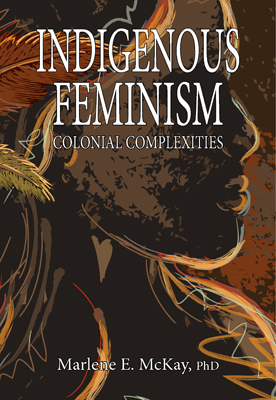

It is evident that both women were remarkably accomplished and committed to their political ideals. Yet Chaudhurani's Hindu background, her family's connections (Chaudhurani's mother was Rabindranath Tagore's sister) as well as her exposure to the mainstream nationalist movement all shaped her very differently from Hossain, whose own experiences led her to constantly foreground the seclusion of Muslim women and to seemingly avoid direct participation in nationalist politics.

Chaudhurani and Hossain were almost entirely contemporary, living and working in the cities of Calcutta and Dhaka, both spoke and wrote in Bengali, and both were connected to the elite, landowning and new middle classes of colonial Bengal. Perhaps the most striking feature elicited by this comparative analysis is the vast difference in the formative and everyday experiences of the two women, experiences that diverged because of the relative influence of Hindu and Muslim cultural expectations on their lives, hence shaping different social realities, modes of expression as well as political possibilities. Discussing the lives and political agendas of two prominent Bengali women, Sarala Devi Chaudhurani (1872-1945) and Rokeya Sakhawat Hossain (1880-1932), this study by the historian Bharati Ray will certainly interest scholars of gender, colonialism and feminism. New Delhi: Oxford University Press, 2002. Early Feminists of Colonial India: Sarala Devi Chaudhurani and Rokeya Sakhawat Hossain.


 0 kommentar(er)
0 kommentar(er)
